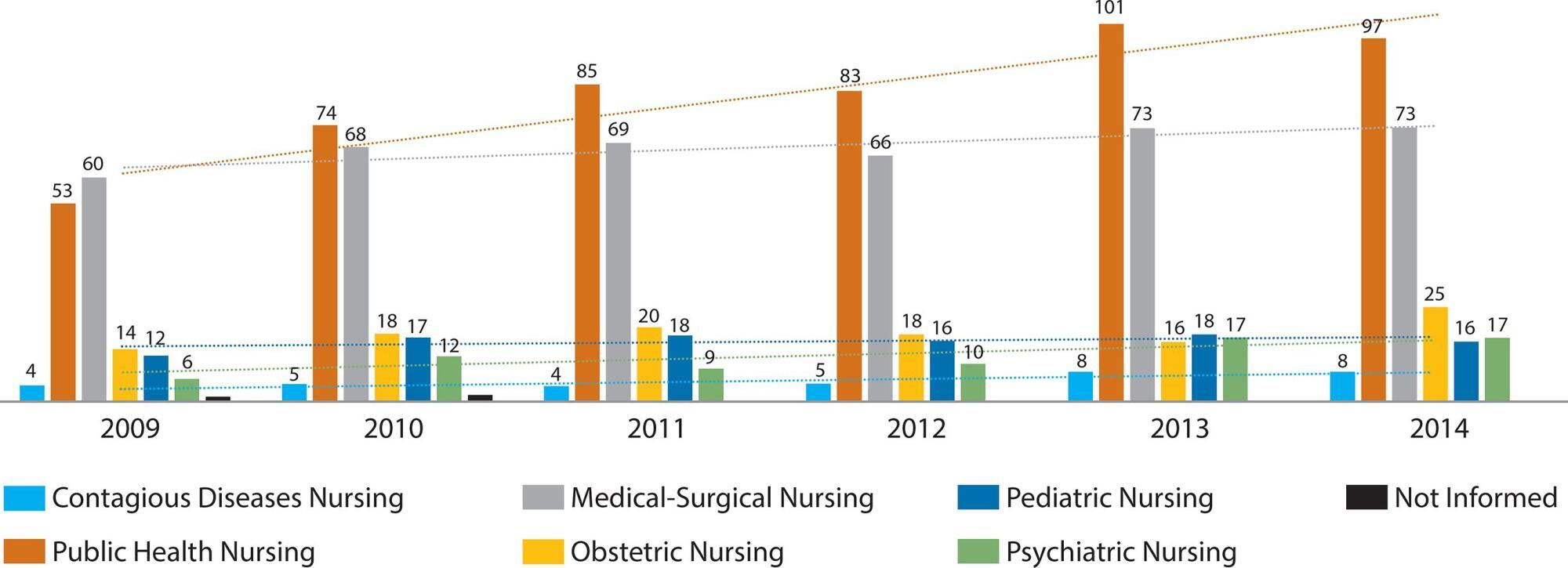-
Reflections on theoretical framework use in nursing research
Revista Brasileira de Enfermagem. 2024;77(3):e20230486
07-29-2024
Abstract
Reflections on theoretical framework use in nursing research
Revista Brasileira de Enfermagem. 2024;77(3):e20230486
07-29-2024DOI 10.1590/0034-7167-2024-0486
Views0See moreABSTRACT
Objectives:
to reflect on theoretical framework use in nursing research.
Methods:
a theoretical-reflexive study, based on concepts and constructs pertinent to using nursing theories and other sciences, considering issues of epistemology or philosophy of science.
Results:
we presented what it is and why to do nursing research and what a theoretical framework is and why to use it, in addition to some considerations regarding theoretical framework use in nursing research, essential for constructing disciplinary knowledge, which enables the materialization of researchers’ work and the presentation of propositions resulting from investigations in and for nursing as a discipline and science.
Final Considerations:
based on a reflection based on epistemological conceptions, it is possible to affirm that a theoretical framework is the core of researchers’ thinking, delimiting a problem to be investigated and, based on it, outlining methodological strategies to be followed, supporting nursing action and thinking as discipline and science.

-
EXPERIENCE REPORT
Research in nursing and modification of the knowledge tree in CNPq: contribution to science
Revista Brasileira de Enfermagem. 2020;73(1):e20170911
02-10-2020
Abstract
EXPERIENCE REPORTResearch in nursing and modification of the knowledge tree in CNPq: contribution to science
Revista Brasileira de Enfermagem. 2020;73(1):e20170911
02-10-2020DOI 10.1590/0034-7167-2017-0911
Views0See moreABSTRACT
Objective:
to identify funding demands in the light of CNPq’s knowledge subareas, as well as data on researchers and research groups, their distribution in the regions and their approximation with health research priorities of the Ministry of Health and the new knowledge tree framework of the area.
Method:
a descriptive study developed with data from 2009 to 2014 about researchers, funding and research areas provided by the Diretoria de Ciências Agrárias Biológicas e Saúde (Department of Agriculture, Biology and Health Sciences).
Results:
there is a concentration of researchers and research groups in the Southeast region. The research priorities in the health field most frequently addressed were: Noncommunicable Diseases, Child and Adolescent Health, Women’s Health and Communicable diseases. The grants could be classified in the current framework of knowledge areas.
Final considerations:
this analysis enabled visualizing subarea demands and relevance of changing the nomenclature of the classification of knowledge framework in order to represent the scientific production generated in the nursing area.




